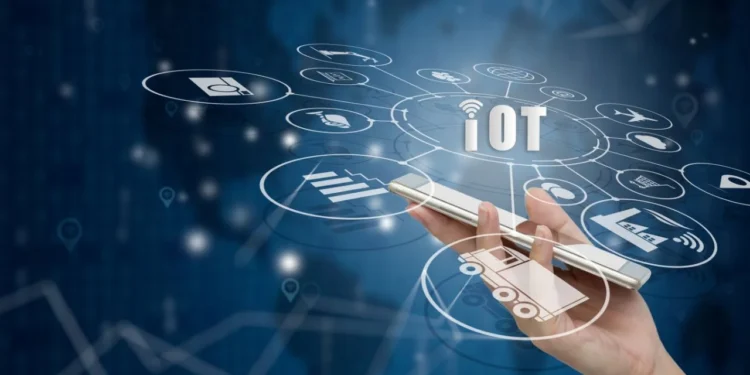The Internet of Things (IoT) has emerged as one of the most transformative technologies of the 21st century, driving a new era of connectivity across various sectors. With the ability to connect physical devices to the internet, IoT devices are helping industries become smarter, more efficient, and more data-driven. From manufacturing and healthcare to agriculture and logistics, IoT is reshaping industries by enabling real-time data collection, predictive maintenance, automation, and better resource management.
This article explores the top 50 IoT devices that are revolutionizing industries, with each device offering innovative solutions to address the unique challenges within its sector. These devices cover a range of applications, including asset tracking, environmental monitoring, health diagnostics, smart manufacturing, and more. As we dive into this list, you’ll discover how IoT is driving productivity and unlocking new possibilities across a variety of fields.
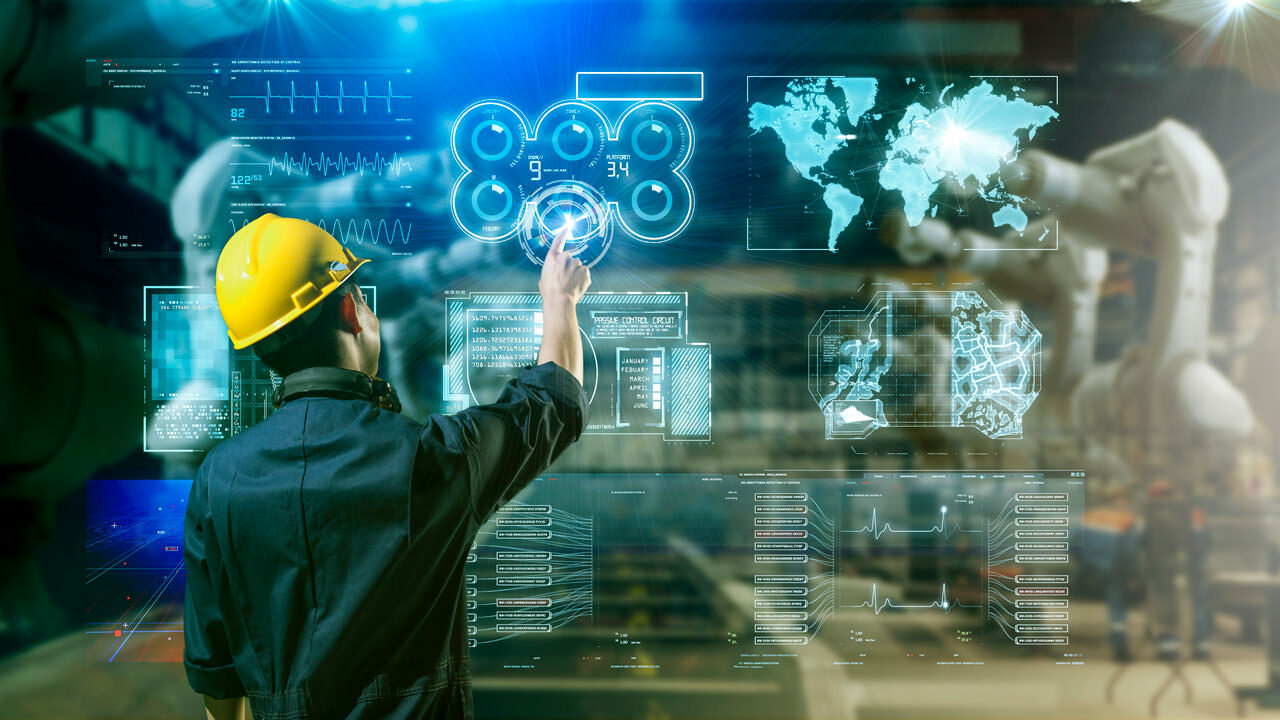
1. Siemens MindSphere – Industrial IoT Platform
Siemens MindSphere is an industrial IoT (IIoT) platform that connects machines and physical infrastructure to the cloud for analytics and monitoring. By utilizing MindSphere, companies in sectors like manufacturing, energy, and transportation can collect real-time data to optimize production processes, reduce downtime, and improve overall efficiency. Its comprehensive analytics enable predictive maintenance and energy management.
2. GE Predix – Predictive Maintenance Tool
GE’s Predix platform is designed for industrial applications, offering real-time analytics for predictive maintenance. It connects equipment, analyzes the performance of each machine, and predicts when maintenance is required. This reduces equipment downtime and enhances productivity, especially in sectors like aviation, energy, and healthcare.
3. Honeywell Connected Plant – Process Optimization
The Honeywell Connected Plant suite of solutions helps industrial plants digitize and optimize operations. It connects various industrial processes and collects data to improve safety, reliability, and efficiency. Through advanced analytics, plant operators can foresee potential failures, optimize resources, and reduce energy consumption.
4. Bosch XDK – Cross-Domain Development Kit
Bosch XDK (Cross-Domain Development Kit) is a sensor-based IoT device ideal for prototyping and deploying IoT solutions in industries like logistics, healthcare, and smart cities. Equipped with multiple sensors, including accelerometers, gyroscopes, and environmental sensors, Bosch XDK allows developers to rapidly prototype and develop industrial IoT applications.
5. IBM Watson IoT – AI-Powered Insights
IBM’s Watson IoT platform integrates AI and machine learning to analyze data from IoT devices. The platform helps industries like automotive, electronics, and healthcare make data-driven decisions by analyzing IoT data in real-time. With predictive analytics and cognitive capabilities, Watson IoT enhances operations, reduces costs, and boosts innovation.
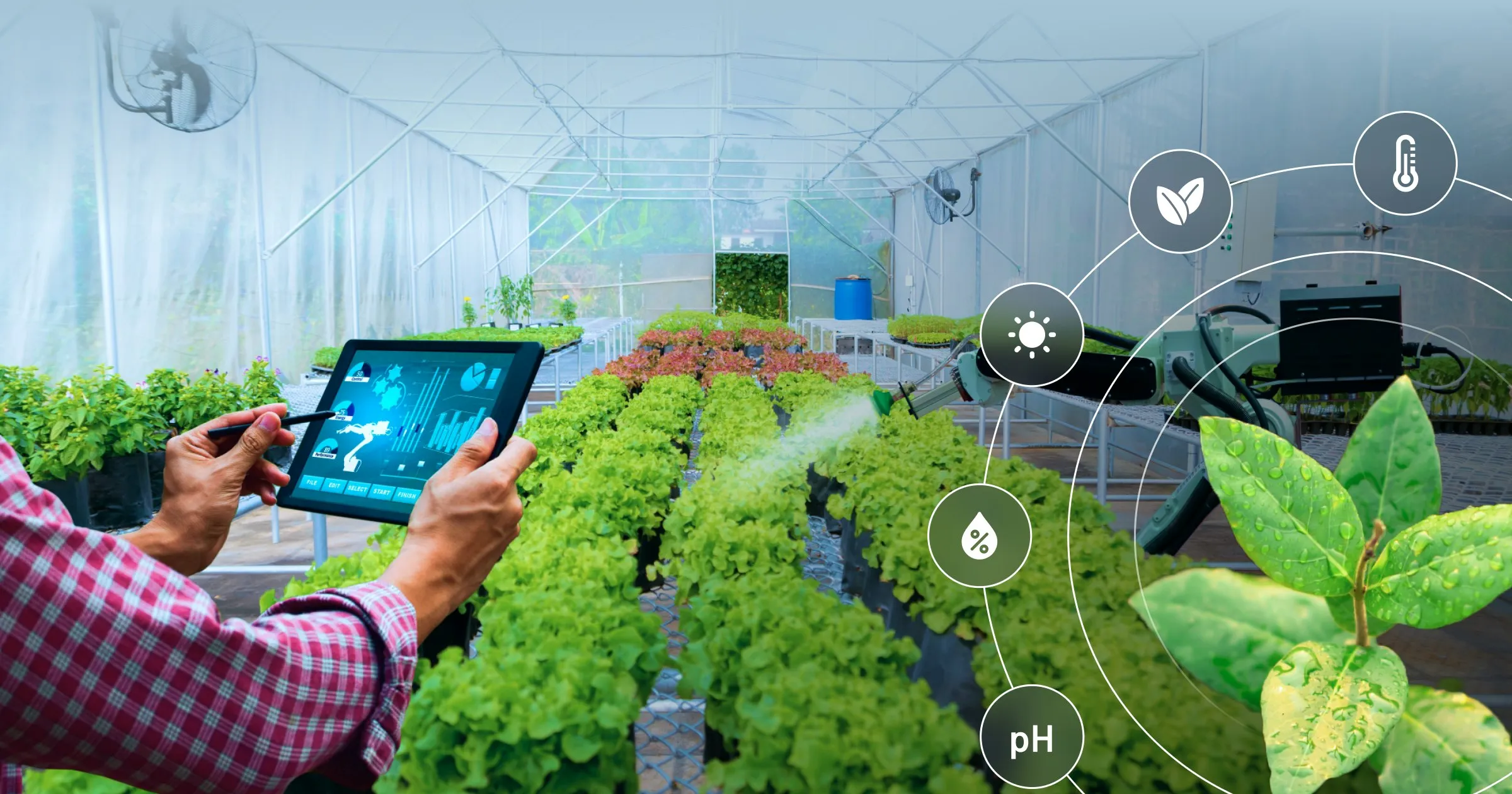
6. Zebra Technologies ZT400 – Asset Tracking
The ZT400 series of industrial printers from Zebra Technologies are IoT-enabled and support a wide range of industries, including manufacturing, logistics, and healthcare. These devices are used for asset tracking, enabling businesses to print barcodes, RFID tags, and other labels that integrate seamlessly into an IoT ecosystem for real-time asset monitoring.
7. PTC ThingWorx – IoT Development Platform
ThingWorx is an industrial IoT platform developed by PTC, used in manufacturing, energy, and other industries to develop IoT applications and manage data. The platform offers connectivity, device management, and analytics, enabling businesses to monitor their machines, predict maintenance needs, and improve operational efficiency.
8. Schneider Electric EcoStruxure – Smart Energy Management
EcoStruxure by Schneider Electric is an IoT-enabled architecture that enhances the efficiency of energy and automation systems across industries. By integrating connected devices, software, and analytics, EcoStruxure allows companies in the energy, manufacturing, and building management sectors to optimize energy use, reduce costs, and ensure regulatory compliance.
9. Cisco IoT Industrial Gateways – Network Management
Cisco’s industrial IoT gateways connect industrial equipment to the internet, providing secure, scalable connectivity solutions. These devices are used across industries such as oil and gas, utilities, and transportation to ensure reliable communication between machines, systems, and applications while maintaining security and regulatory standards.
10. Rockwell Automation FactoryTalk – Smart Manufacturing
FactoryTalk is a suite of IoT software developed by Rockwell Automation that connects machinery, devices, and systems to a centralized platform for monitoring and control. This helps manufacturers enhance productivity by providing insights into machine performance, production bottlenecks, and supply chain inefficiencies.
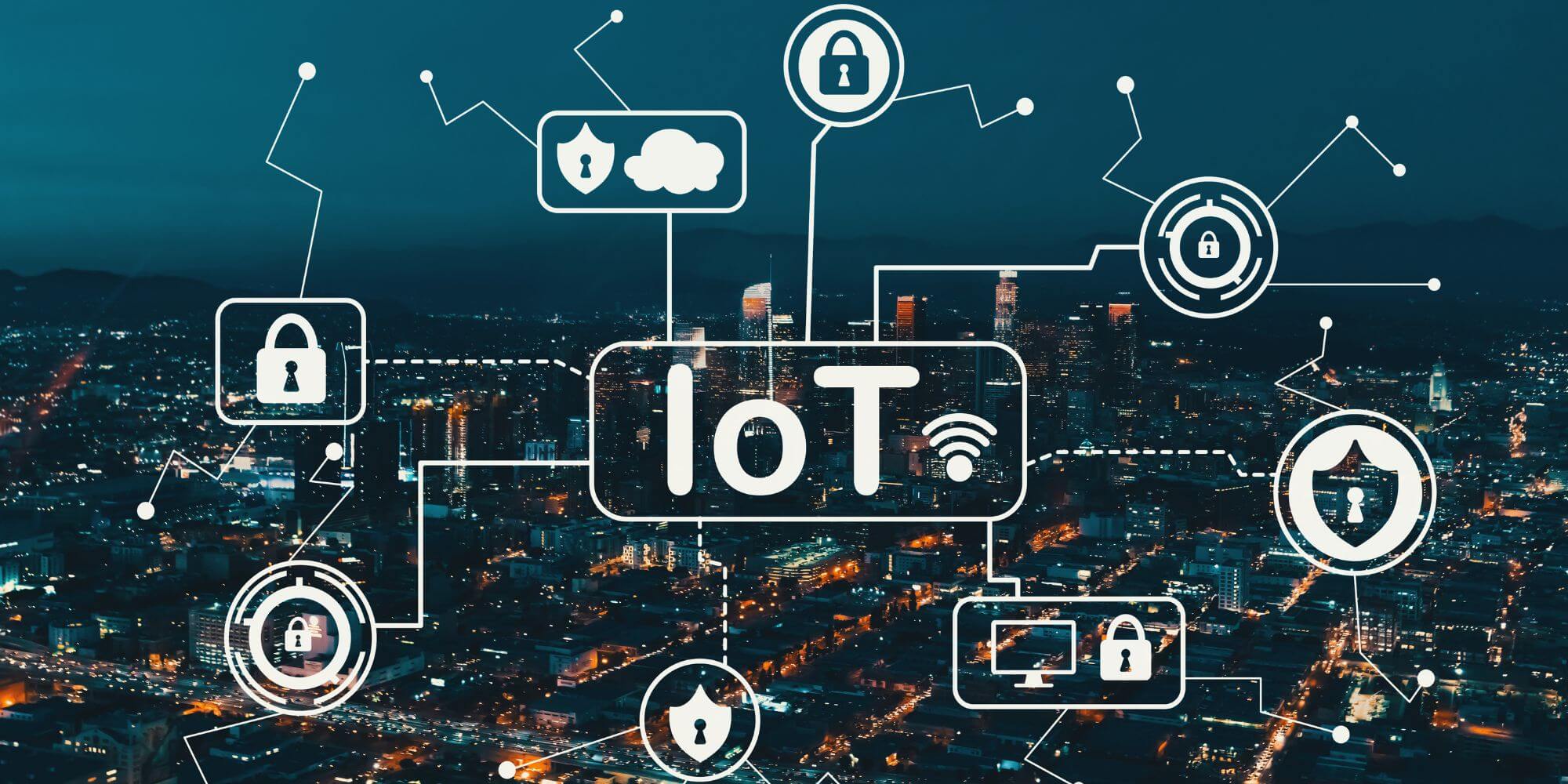
11. Philips Healthcare Wearables – Patient Monitoring
Philips Healthcare offers a range of IoT-enabled wearable devices that monitor patients’ vital signs in real-time. These devices are transforming the healthcare industry by enabling remote patient monitoring, allowing physicians to track patient health, provide timely interventions, and reduce hospital readmissions.
12. Intel IoT Sensors – Smart Cities
Intel’s IoT sensors are widely used in smart city applications, helping to monitor traffic, energy usage, and environmental conditions. These devices collect data in real-time, providing municipalities with the insights needed to make data-driven decisions for infrastructure planning, waste management, and energy conservation.
13. John Deere Precision Agriculture Solutions – Smart Farming
John Deere’s precision agriculture solutions use IoT devices to optimize farming operations. These devices include GPS-guided tractors, soil sensors, and connected irrigation systems that enable farmers to monitor crop conditions, optimize water usage, and improve yields through data-driven decision-making.
14. ABB Ability – Smart Energy and Automation
ABB’s Ability platform connects industrial equipment and systems to provide real-time monitoring and analytics. It’s used across sectors like energy, transportation, and manufacturing to increase operational efficiency, reduce maintenance costs, and minimize environmental impact through optimized energy usage.
15. Medtronic Continuous Glucose Monitor – Health IoT
Medtronic’s Continuous Glucose Monitor (CGM) is an IoT-enabled device that helps diabetic patients monitor their blood glucose levels in real time. The device collects and transmits data to a smartphone or cloud-based platform, allowing patients and healthcare providers to track glucose trends and adjust treatment accordingly.
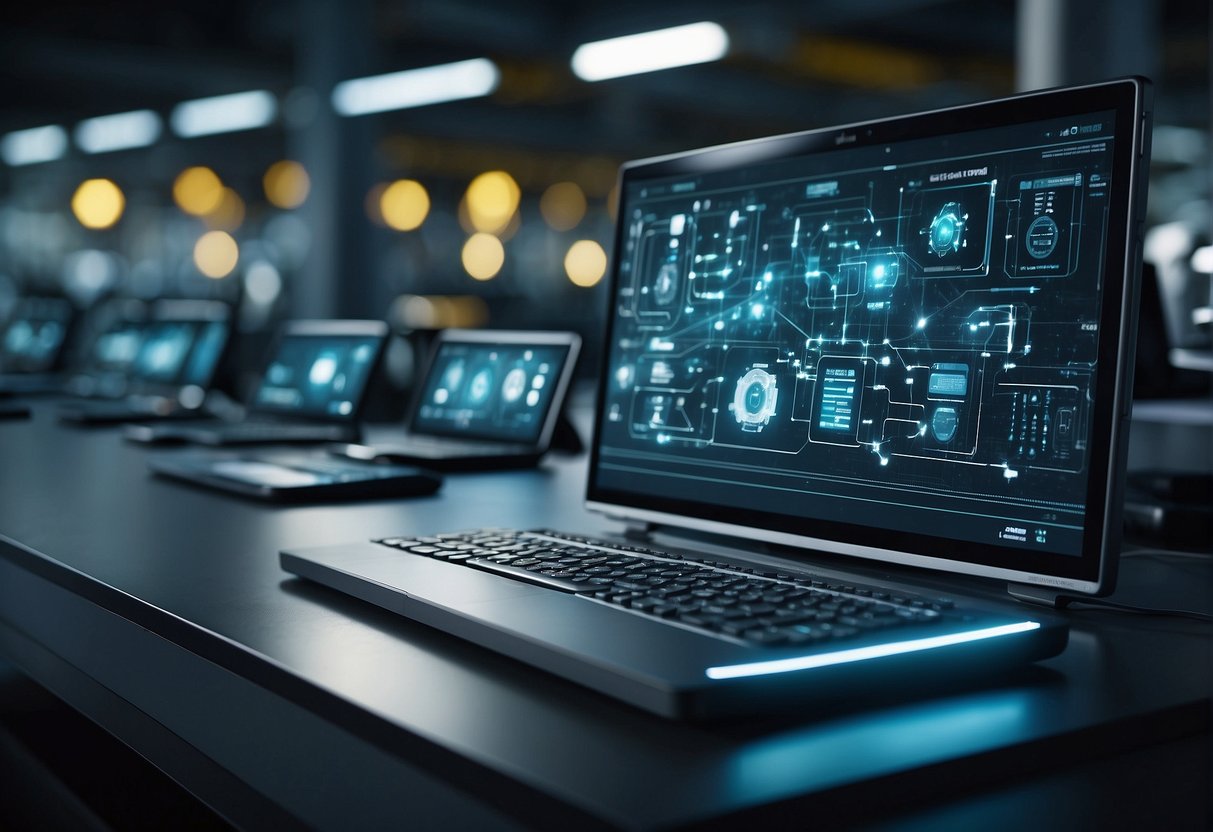
16. Samsara Fleet Management – Logistics Optimization
Samsara’s IoT devices for fleet management provide real-time data on vehicle location, driver behaviour, and fuel usage. This helps logistics companies optimize routes, reduce fuel costs, and ensure driver safety. Additionally, Samsara’s platform can predict vehicle maintenance needs to avoid breakdowns.
17. Garmin Smartwatches – Health and Fitness Tracking
Garmin smartwatches are equipped with IoT capabilities that monitor heart rate, sleep patterns, and physical activity. These wearables provide users with real-time health insights, making them valuable tools in both personal fitness and healthcare industries, where patient monitoring and data collection are crucial.
18. August Smart Locks – Secure Smart Homes
August Smart Locks bring IoT capabilities to home security, allowing homeowners to control their locks remotely via smartphone apps. These devices provide real-time access to data, enhancing security for individuals and property managers alike by integrating with home automation systems.
19. Nest Thermostat – Energy Efficiency
Nest Thermostat is a popular IoT device for smart home energy management. It learns user preferences and adjusts heating and cooling systems accordingly, resulting in energy savings. Nest’s real-time monitoring allows users to control their home climate remotely while optimizing energy consumption.
20. Fitbit – Health Monitoring
Fitbit devices track physical activity, heart rate, sleep quality, and other health metrics. These IoT wearables play a significant role in the healthcare industry by enabling users to monitor their health and fitness while providing healthcare providers with valuable data for preventive care.
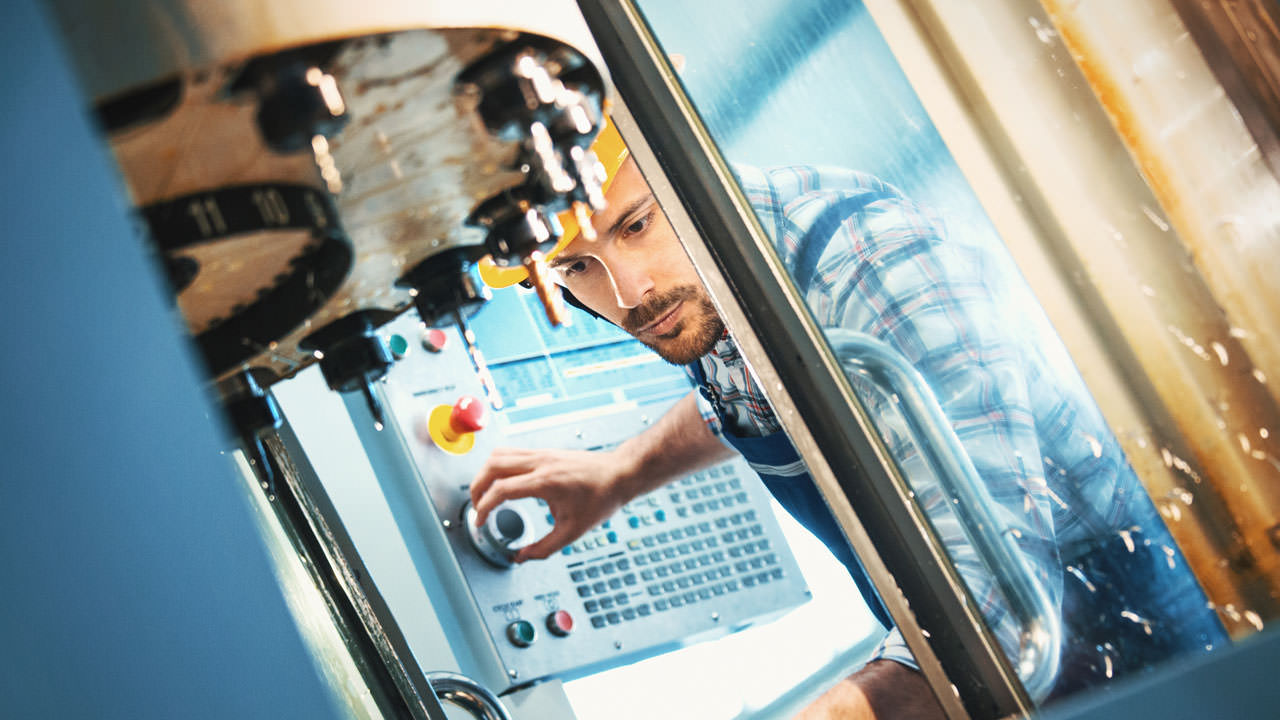
21. Tesla Autopilot – Autonomous Driving
Tesla’s Autopilot system is one of the most advanced IoT-enabled autonomous driving technologies. By using sensors and cameras, Tesla vehicles can monitor their surroundings, make real-time driving decisions, and provide data back to the cloud for continuous improvements. This technology is transforming the automotive industry by advancing the shift toward fully autonomous vehicles.
22. Hikvision IoT Cameras – Smart Surveillance
Hikvision’s IoT-enabled security cameras are widely used in smart cities, businesses, and industrial sites. These cameras offer real-time video surveillance, facial recognition, and behavior analytics, providing enhanced security and operational monitoring. The IoT connectivity allows seamless integration with broader security systems.
23. LG ThinQ – Smart Appliances
LG’s ThinQ platform integrates IoT into home appliances such as refrigerators, washing machines, and ovens. These devices are connected to a cloud-based platform, allowing users to control and monitor their home appliances remotely. ThinQ enables energy optimization, predictive maintenance, and seamless automation within smart homes.
24. Xiaomi Smart Home Ecosystem – Integrated Living
Xiaomi’s IoT-enabled smart home ecosystem includes a range of devices such as smart lighting, cameras, and air purifiers. These devices are interconnected through the Xiaomi Home app, enabling users to control their home environment, monitor security, and manage energy consumption with ease.
25. EcoBee Smart Thermostat – Environmental Control
The EcoBee Smart Thermostat is another IoT device designed for energy efficiency in homes and businesses. Equipped with multiple sensors, it allows users to monitor and control indoor temperature remotely. By learning user behaviour and integrating with voice assistants like Alexa, EcoBee helps optimize energy use and reduce costs.
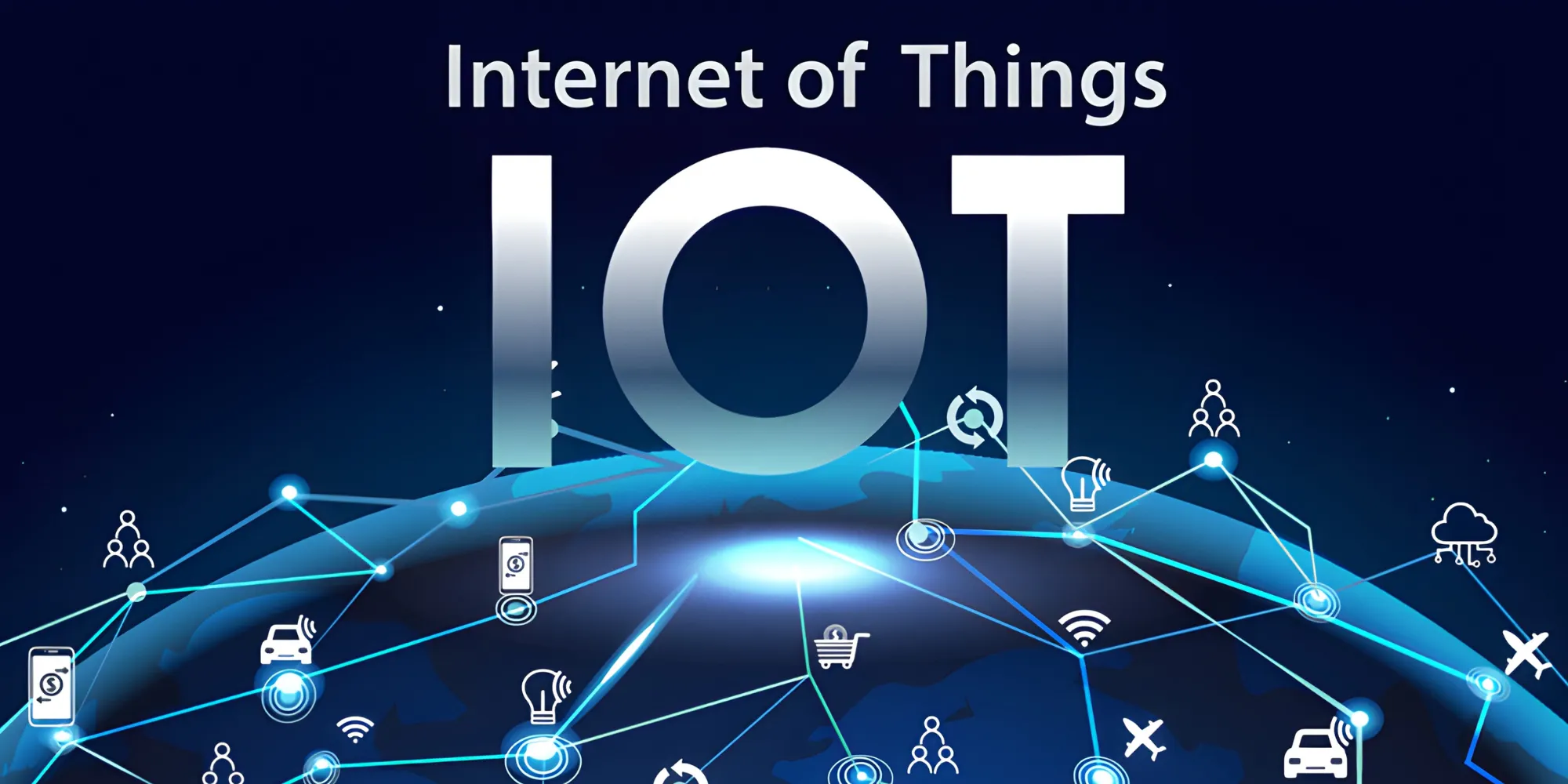
26. Amazon Echo – Voice-Activated Smart Assistant
Amazon Echo, powered by Alexa, is one of the most popular IoT devices in the consumer market. It serves as a central hub for controlling various smart home devices, including lights, locks, thermostats, and entertainment systems. Echo enables users to automate tasks and interact with their smart home ecosystem through voice commands.
27. Samsung SmartThings – Home Automation Hub
Samsung SmartThings is a comprehensive home automation platform that connects and controls various IoT devices, such as lights, cameras, locks, and sensors. SmartThings allows users to automate home processes, monitor energy usage, and manage security, all through a single app.
28. Netatmo Weather Station – Environmental Monitoring
Netatmo’s IoT-enabled weather station provides real-time data on indoor and outdoor environmental conditions, including temperature, humidity, and air quality. This device is useful for homeowners and agricultural industries, allowing users to monitor climate conditions and optimize resource use for farming or energy management.
29. Tile Pro – IoT-Enabled Tracking Device
Tile Pro is a compact IoT-enabled tracking device that helps users locate lost items such as keys, bags, and wallets. The device connects to a smartphone app via Bluetooth and provides real-time location data. Tile Pro’s network of users also allows for crowd-sourced location tracking, increasing the likelihood of finding lost items.
30. DJI Phantom 4 – IoT Drones for Aerial Mapping
DJI Phantom 4 is a drone equipped with IoT capabilities used for aerial mapping and data collection in industries like agriculture, construction, and surveying. These drones collect real-time visual data that can be analyzed to monitor crop health, assess construction sites, or create 3D maps.
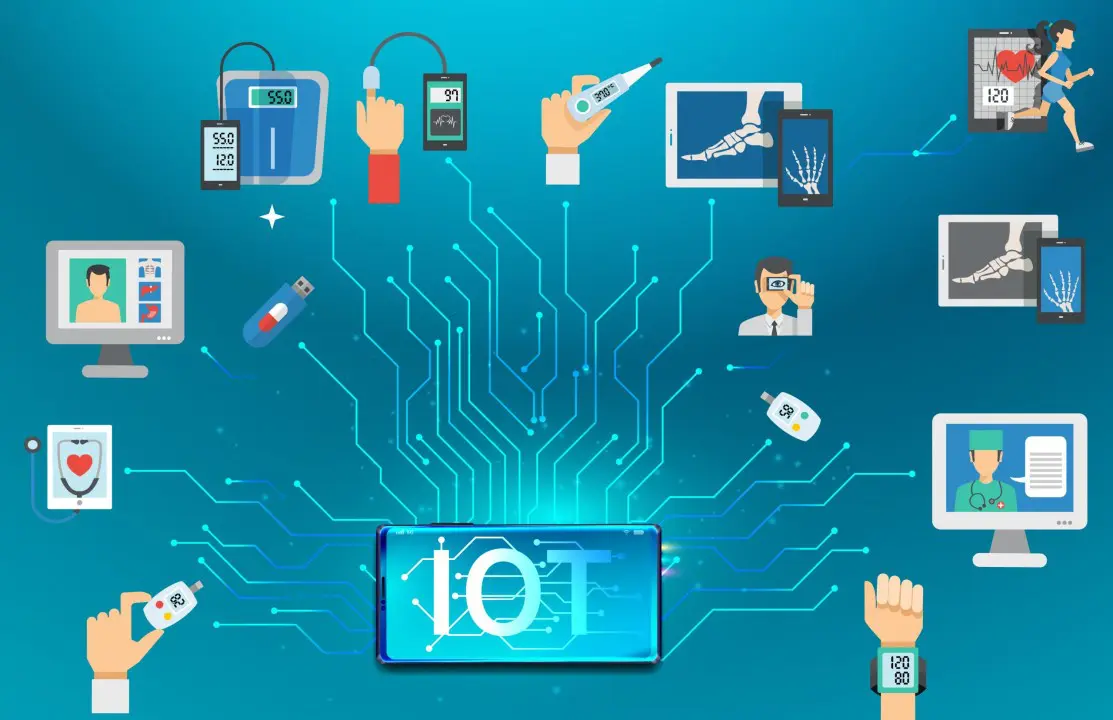
31. Arable Mark IoT – Agricultural Sensor
The Arable Mark IoT sensor is designed specifically for agriculture, helping farmers monitor crop health, soil moisture, and environmental conditions. It collects real-time data on temperature, rainfall, and humidity, giving farmers insights into their crops’ needs. With these analytics, farmers can optimize water usage, reduce waste, and increase crop yields, making agriculture more sustainable and efficient.
32. Wiliot IoT Pixels – Smart Packaging
Wiliot’s IoT Pixels are tiny, sticker-like devices that provide IoT functionality without batteries. These smart sensors can be attached to packaging or products and use ambient radio frequency (RF) energy to collect data such as temperature, location, or movement. Wiliot’s IoT Pixels are revolutionizing industries like logistics, retail, and manufacturing by enabling more efficient supply chain tracking and inventory management.
33. Helium Hotspot – Decentralized IoT Network
Helium Hotspot devices help create a decentralized IoT network powered by blockchain. These hotspots enable long-range, low-power IoT devices to communicate with each other, providing connectivity for smart city solutions, environmental sensors, and asset-tracking devices. The decentralized nature of the network reduces infrastructure costs and provides widespread, affordable IoT coverage.
34. Vending Sense – IoT Smart Vending Machines
Vending Sense is an IoT-enabled smart vending machine solution that allows real-time monitoring of stock levels, sales data, and machine performance. Used in industries like retail and food services, these devices enable operators to optimize inventory, reduce machine downtime, and enhance the customer experience by ensuring machines are always stocked with popular items.
35. SmartPill – Health Diagnostics
SmartPill is an ingestible IoT device used in the healthcare industry for diagnostic purposes. Once swallowed, it travels through the digestive system, collecting data on pH levels, pressure, and temperature. This information is transmitted to healthcare providers to assist in diagnosing gastrointestinal disorders such as irritable bowel syndrome (IBS) or gastroparesis, making it a groundbreaking tool for non-invasive diagnostics.
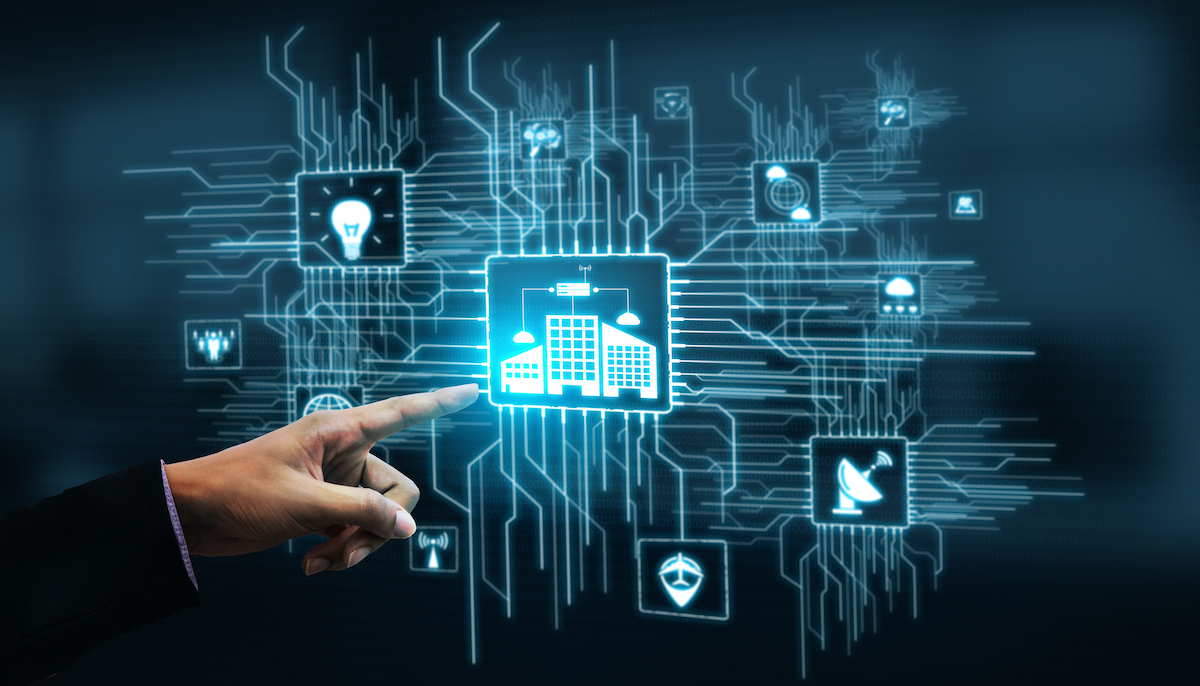
36. Hachi Infinite – IoT-Enabled Smart Projector
Hachi Infinite is an IoT-enabled interactive smart projector that turns any flat surface into a touchscreen. Designed for both home and office use, this device integrates with other IoT systems, allowing users to control smart home devices, collaborate on projects, and conduct presentations through a hands-free interface. It’s revolutionizing how people interact with digital content in various settings, from education to business.
37. Tempo Wearable – Real-Time Fitness Insights
Tempo Wearable is a fitness-focused IoT device that provides real-time data on an athlete’s performance. It uses advanced sensors to track movements, monitor biometrics, and offer personalized coaching feedback. Popular among professional athletes and fitness enthusiasts, the device is changing the sports industry by allowing users to optimize their training and prevent injuries based on detailed performance analytics.
38. SkyBitz – Asset and Fleet Tracking
SkyBitz offers an IoT-based asset and fleet tracking solution that provides real-time visibility into vehicle locations, driver behaviour, and asset conditions. By collecting data on location, speed, and cargo status, SkyBitz helps companies in logistics, transportation, and oil and gas industries optimize fleet management, improve safety, and reduce operational costs.
39. Neos SmartCam – Home Security Monitoring
Neos SmartCam is a compact, IoT-enabled home security camera that provides real-time video surveillance and motion detection alerts. Integrating with smart home systems, it allows users to monitor their property remotely via a smartphone app. The device is gaining popularity due to its affordability and robust feature set, including night vision and two-way audio communication.
40. Particle IoT – Development Platform for IoT Solutions
Particle offers a comprehensive development platform for creating IoT devices, particularly in industrial settings. With support for both hardware and cloud integration, Particle’s solutions enable businesses to build connected products quickly and scale them across sectors like energy, logistics, and manufacturing. The platform’s versatility allows for real-time monitoring and control of industrial processes, making it a key tool for businesses looking to digitize operations.
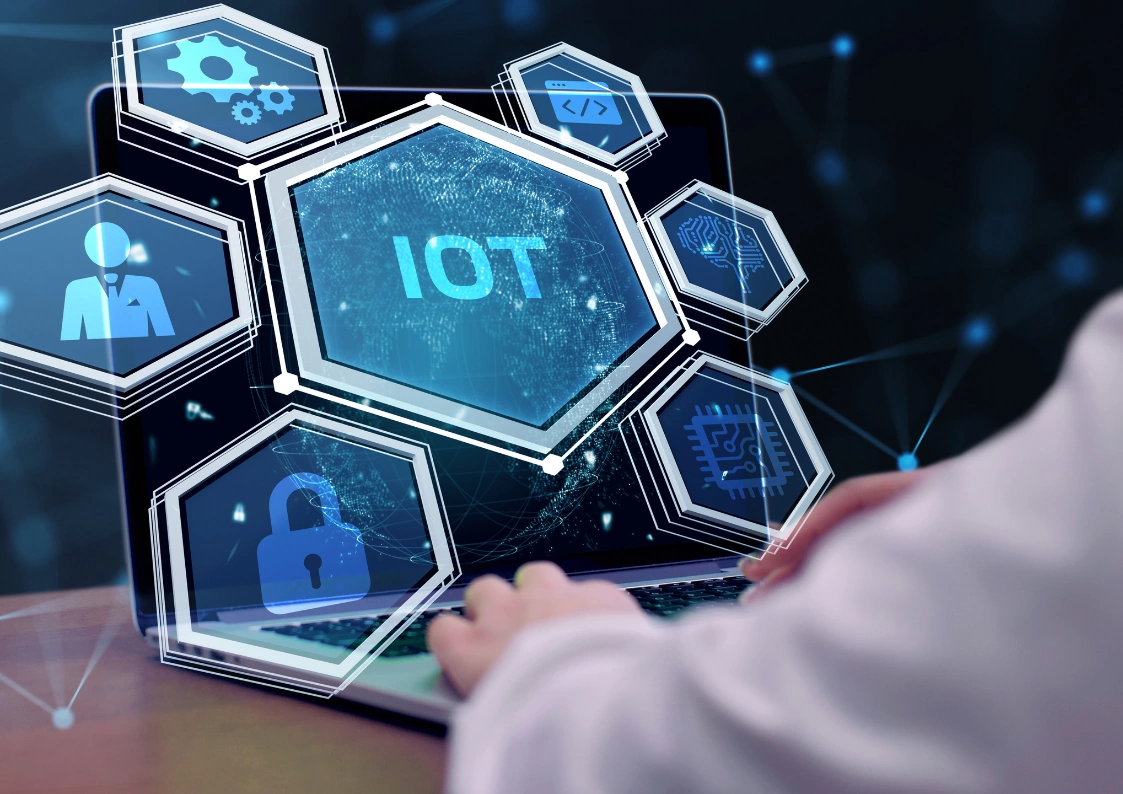
41. FarmBot – Precision Agriculture Robot
FarmBot is an open-source, automated farming machine that leverages IoT technology to grow crops autonomously. It is equipped with various sensors, cameras, and tools that allow it to plant seeds, water crops, and monitor plant health with minimal human intervention. FarmBot is transforming agriculture by enabling precision farming, which conserves water and maximizes crop yield, making it ideal for sustainable farming practices.
42. Withings Body+ – Smart Body Composition Scale
Withings Body+ is an IoT-enabled smart scale that measures not only weight but also body fat, muscle mass, and water percentage. The scale syncs with a mobile app, allowing users to track their fitness progress over time. This device is revolutionizing personal health management by providing detailed insights into body composition and helping users make informed decisions about their fitness and diet.
43. Resideo Wi-Fi Water Leak Detector – Preventative Maintenance
Resideo’s Wi-Fi Water Leak Detector is an IoT device designed to alert homeowners to potential water leaks before they cause significant damage. The device detects moisture, extreme temperatures, and humidity changes, sending real-time alerts to users via a smartphone app. This proactive solution is helping prevent costly water damage in homes and businesses by allowing early intervention.
44. Pillsy – Smart Pill Bottle
Pillsy is an IoT-enabled smart pill bottle that helps users manage their medication by sending reminders and tracking dosages. The bottle’s cap is equipped with sensors that monitor when it’s opened, logging each dose and sending notifications to a connected app. This device is revolutionizing healthcare by improving medication adherence and reducing the risk of missed or incorrect doses.
45. Kaa IoT Platform – End-to-End IoT Development
The Kaa IoT platform provides a full-stack solution for businesses to build and manage IoT applications. It enables real-time data collection, device management, and analytics for industries like healthcare, automotive, and manufacturing. Kaa’s modular architecture allows companies to deploy IoT solutions faster and more efficiently, helping businesses harness the full potential of connected devices.
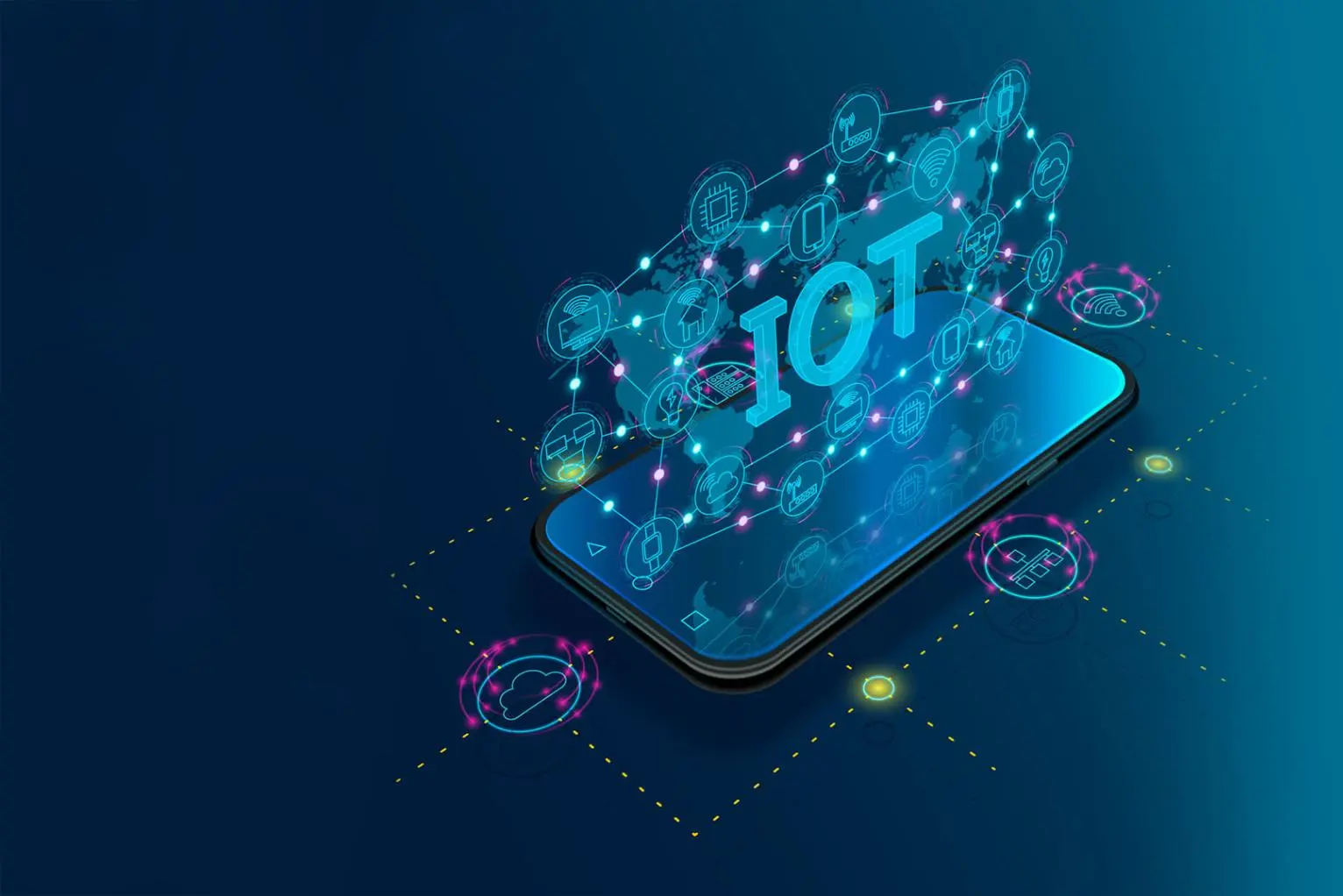
46. Samsung Bio-Processor – Wearable Health Monitoring
Samsung’s Bio-Processor is a system-on-chip (SoC) designed for wearable devices that monitor biometric data such as heart rate, body fat percentage, and skin temperature. This IoT chip is used in various health and fitness devices, providing real-time health tracking and diagnostics. Samsung’s Bio-Processor is revolutionizing wearables by offering advanced health monitoring in a compact and efficient design.
47. Owlet Smart Sock – Infant Health Monitoring
Owlet’s Smart Sock is an IoT-enabled device that monitors an infant’s heart rate and oxygen levels while they sleep. The sock connects to a mobile app, alerting parents if their child’s readings fall outside of normal ranges. This device is transforming infant care by providing peace of mind to parents and enabling early detection of potential health issues.
48. Sense IoT – Environmental Monitoring
Sense offers a range of IoT-enabled environmental monitoring solutions that track energy usage, air quality, and appliance performance in real-time. These devices are popular in smart homes and commercial buildings, where they help reduce energy waste, monitor appliance health, and optimize overall environmental conditions for improved sustainability and cost savings.
49. Caterpillar CAT Connect – Construction Equipment Monitoring
Caterpillar’s CAT Connect system is an IoT-enabled platform for monitoring construction equipment and job site operations. It uses GPS tracking, fuel sensors, and machine health data to help construction companies manage their fleets more efficiently. CAT Connect allows operators to optimize fuel usage, schedule maintenance, and monitor productivity, revolutionizing the construction industry by making heavy equipment more intelligent and connected.
50. Trackunit – Construction Telematics
Trackunit provides telematics solutions for construction equipment, offering real-time data on machine location, usage, and health. The platform integrates with IoT sensors and GPS to provide insights into equipment performance and predict maintenance needs. This reduces downtime, enhances operational efficiency, and allows construction firms to better manage their fleets.
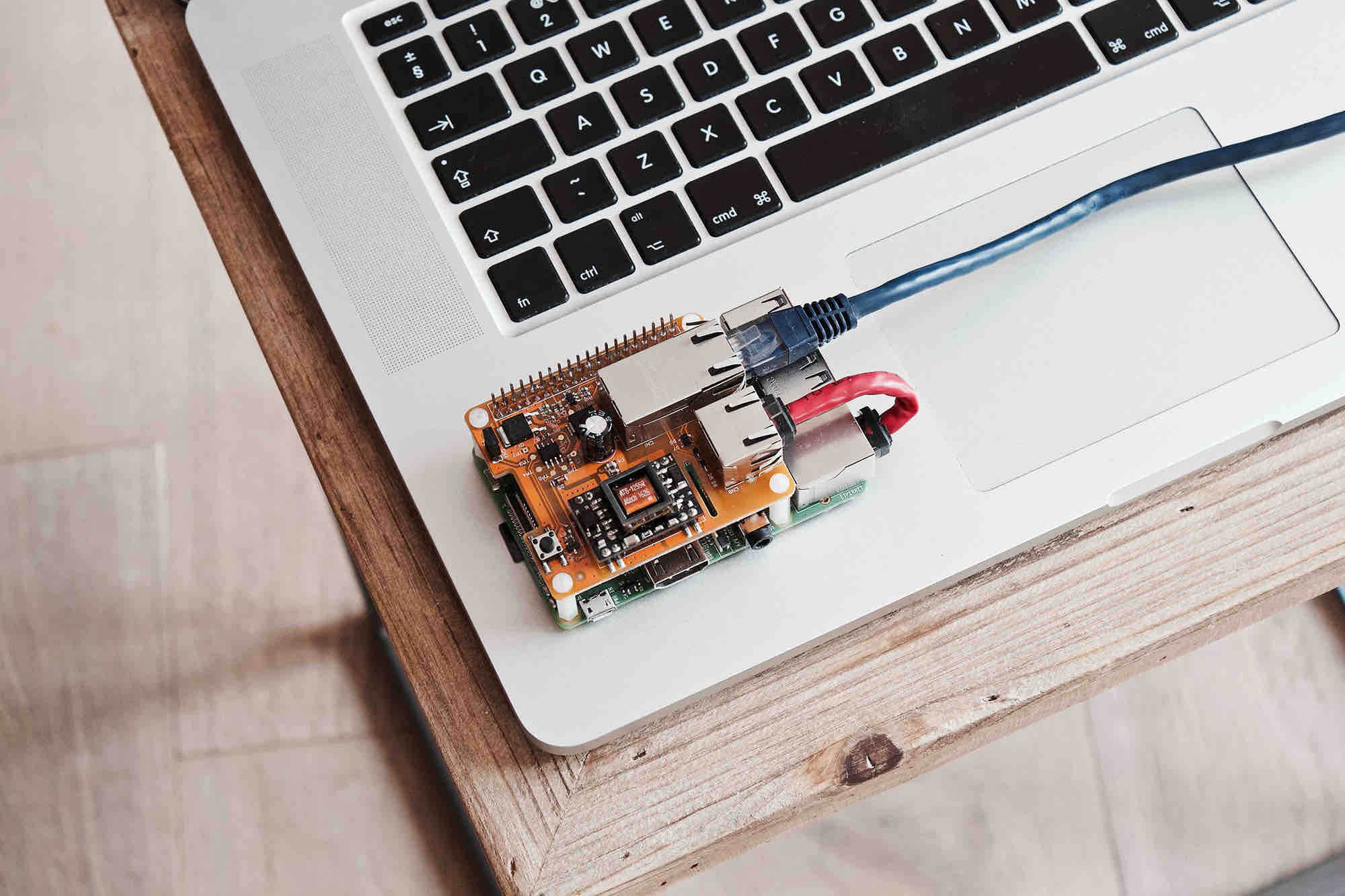
The Internet of Things (IoT) has rapidly expanded across industries, driving unprecedented innovation, efficiency, and connectivity. The top 50 IoT devices discussed in this article highlight the vast potential of IoT to revolutionize everything from agriculture to healthcare, construction to logistics, and smart homes to industrial manufacturing. These devices do more than just collect data; they enable smarter decision-making, predictive maintenance, automation, and improved resource management.
Industries that adopt IoT technologies are better equipped to optimize their processes, reduce costs, and improve safety and sustainability. For instance, smart agriculture devices like John Deere’s precision farming solutions are helping farmers maximize yield while conserving resources, whereas healthcare wearables such as Medtronic’s Continuous Glucose Monitor are giving patients real-time health insights, allowing for more personalized care. In construction, tools like Caterpillar’s CAT Connect are making heavy machinery more intelligent, improving project timelines and reducing operational inefficiencies. The IoT also makes consumer life more convenient, with devices like the Nest Thermostat, Samsung SmartThings, and Fitbit offering real-time control over home environments, health, and fitness.

